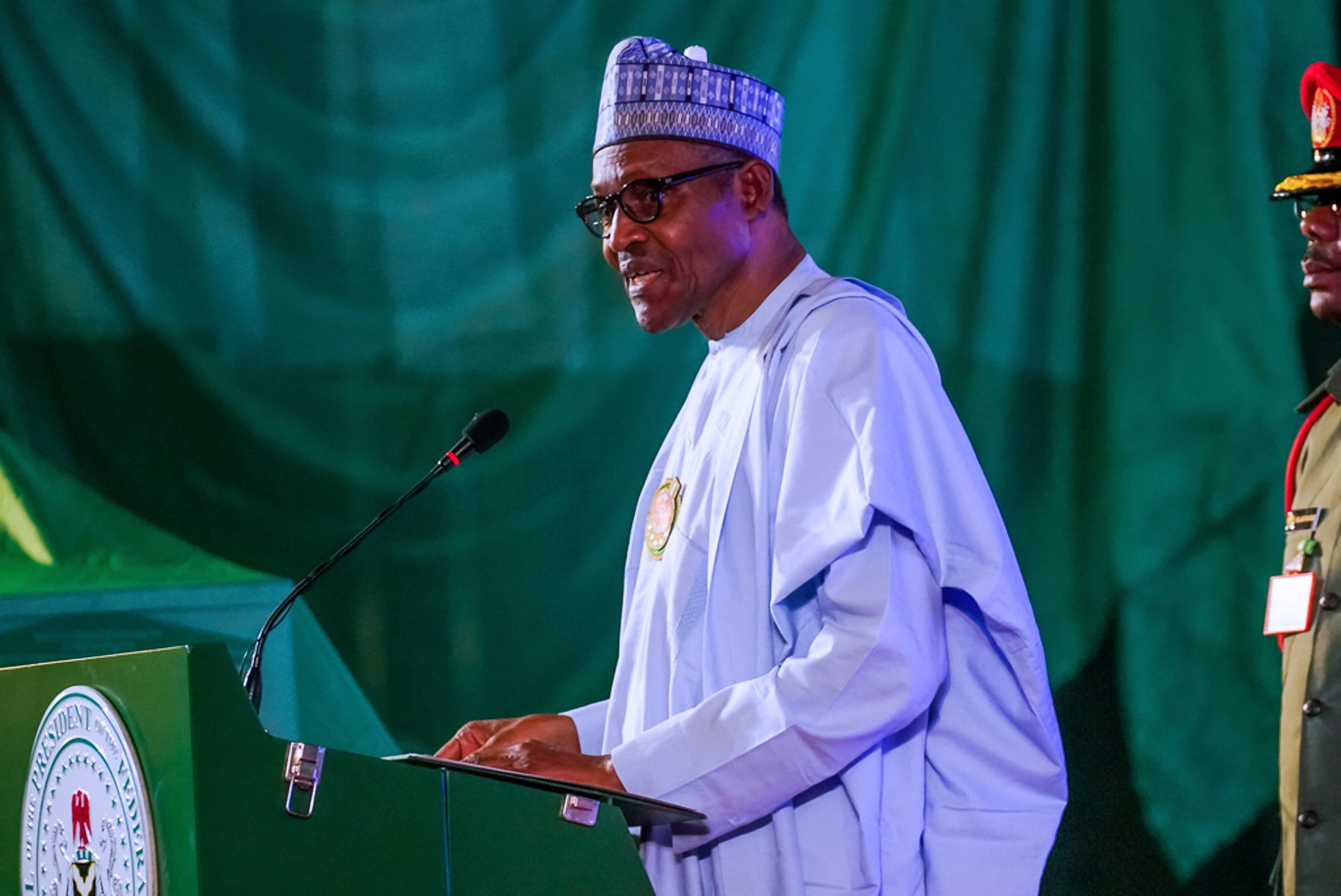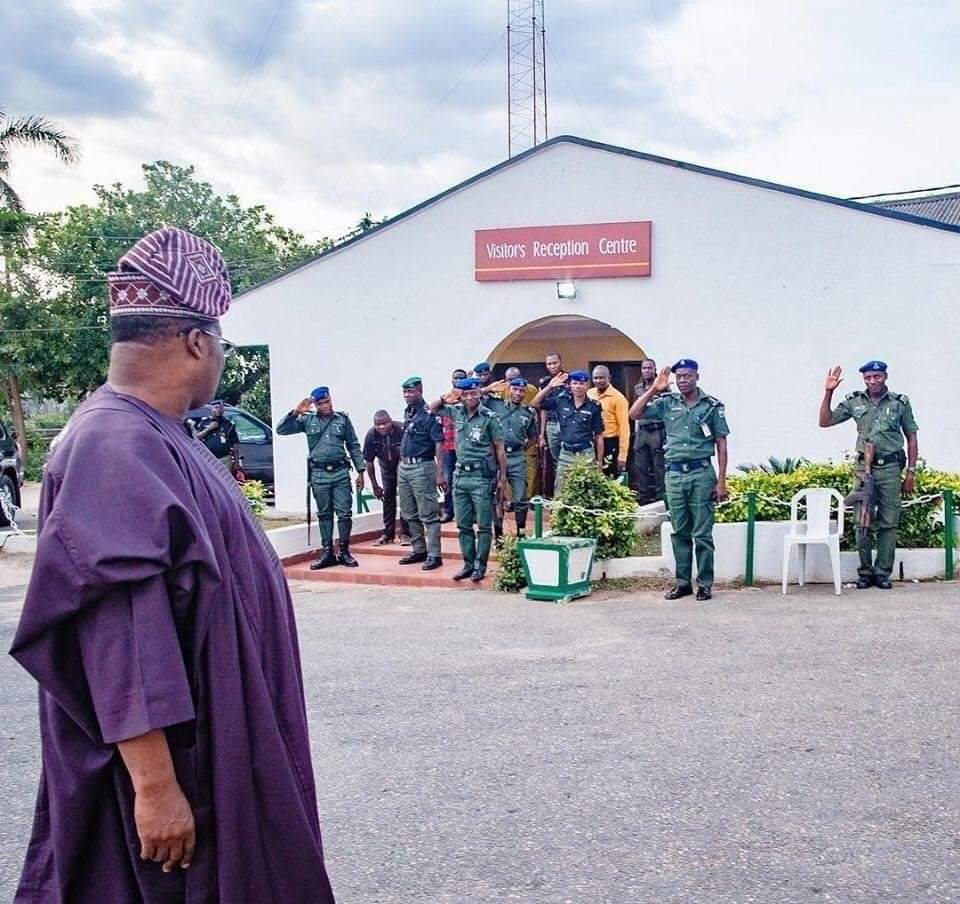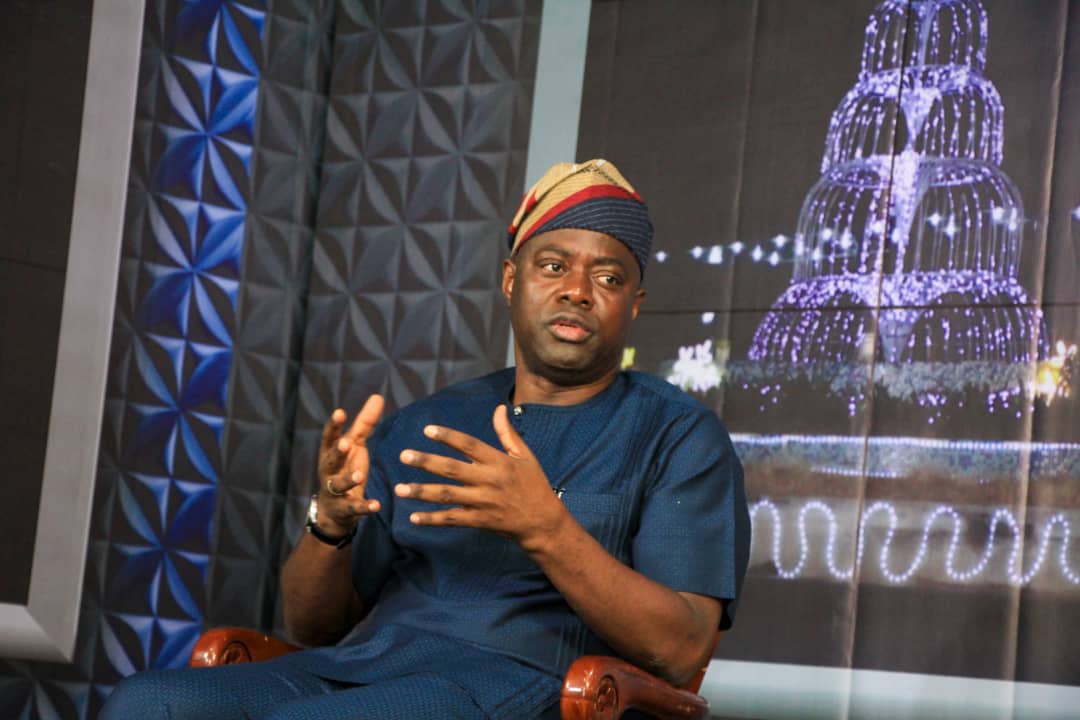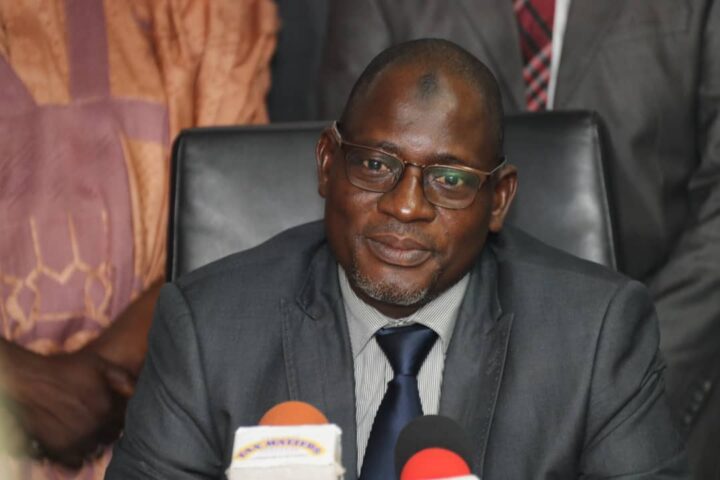President Muhammadu Buhari says fighters trained during the 43-year reign of the late Muammar Gaddafi, ex-Libyan president, are destabilising the West African region.
Buhari said this on Saturday in Abuja during a bilateral meeting with President Alassane Ouattara of Cote d’Ivoire on the margins of the 56th ordinary session of the Economic Community of West African States (ECOWAS).
The session was held at the statehouse conference centre.
Garba Shehu, presidential spokesman, quoted Buhari in a statement as saying that the instability in Libya is a recurring threat to the Sahel and Sub-Saharan Africa, expressing concern over the growing effect of the crisis on many lives.
Advertisement
According to Buhari, the fighters, left with no other skill for survival ‘‘but to shoot and kill’’, are now surviving on violent crimes and terrorism.
He said the fighters teamed up with Boko Haram to wreak havoc in northern Nigeria.
“The President said the Libyan fighters, who were trained for the 43 years Muammar Gaddafi ruled the country, were armed with deadly weapons and had been roaming the Sahel and sub-Sahara sub-region, with no other skills for survival ‘but to shoot and kill’, the statement read.
Advertisement
“President Buhari expressed happiness that neighbouring countries were supporting Nigeria in tackling the menace of the fighters who have teamed up with Boko Haram, adding that there was a need to do more by the West African countries, both under the ECOWAS platform and at bilateral levels.”
In another meeting with Julius Maada Bio, President of Sierra Leone, Buhari said he was impressed with the ongoing efforts of the administration to secure and stabilise the country.
“I am happy that your policies and plans are holding on. I assure you that we will continue to support you. A problem in the neighbourhood is our problem. I will keep in touch with our officials to see how we can support,’’ Buhari said.
Bio expressed gratitude for the level of cooperation between his country and Nigeria, thanking Buhari for various forms of support to his country, including the provision of teachers, nurses, technicians and engineers.
Advertisement
He said more support was needed in the economic sector to ease the growing hardship among lower segments of the country’s population.
Add a comment







